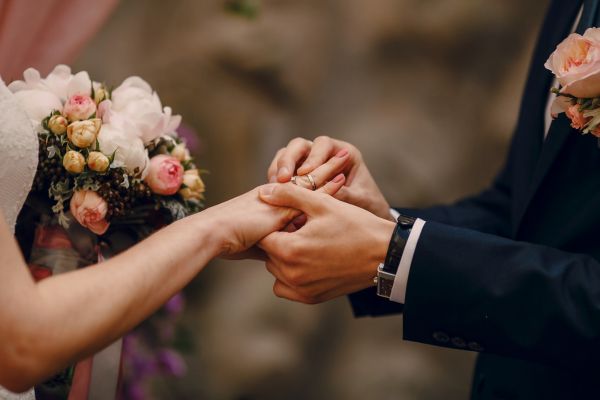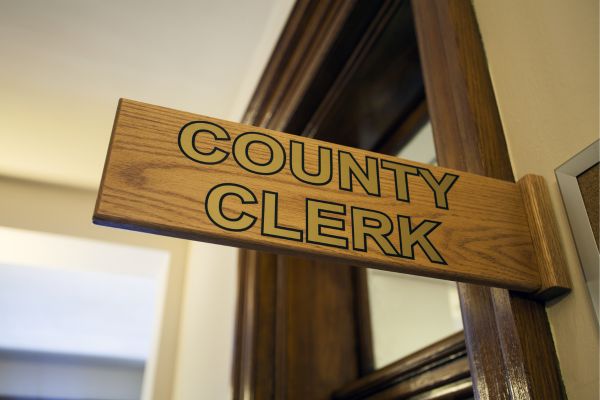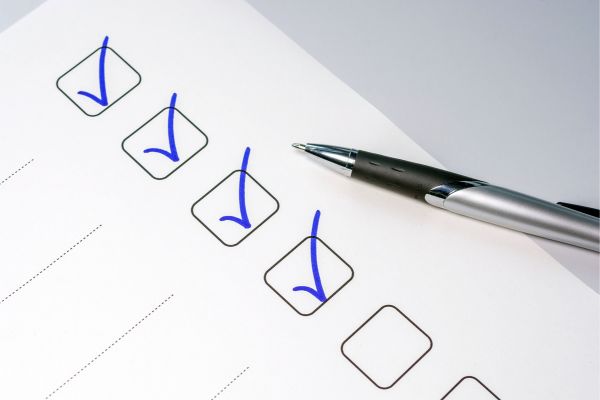Hey there! If you’re planning to tie the knot in the Sunshine State, you’re in the right place. Getting a marriage license is a key step in making your union official. Don’t worry, though—it’s a straightforward process.
This guide will walk you through the basic steps, offer some handy tips, and point out common pitfalls to avoid.
Step-by-Step Guide to Applying for a Marriage License in Florida
1. Eligibility Requirements
First things first, let’s make sure you’re eligible. In Florida, both parties must be at least 18 years old to apply for a marriage license. If you’re under 18, special conditions apply, and you might need parental consent or a court order.
You’ll also need to bring valid identification, such as a driver’s license, passport, or state ID.
2. Where to Apply
You’ll need to apply for your marriage license at a County Clerk’s Office.
Luckily, these offices are located in every county in Florida, so you can choose the one most convenient for you. Some counties also offer online application forms, which can save you a bit of time.
3. Application Process
Once you’ve chosen where to apply, it’s time to fill out the application. You’ll need to provide basic information about both parties, such as full names, social security numbers, and dates of birth.
If either of you has been married before, you’ll need to provide the exact date the previous marriage ended.
4. Fees and Payment
There’s a fee for obtaining a marriage license in Florida, which varies slightly by county but is generally around $93.50. Many counties offer a discount if you’ve completed a premarital counseling course.
Payment methods usually include cash, credit card, or money order, but it’s a good idea to check with the specific County Clerk’s Office for their accepted payment methods.
5. Waiting Period and Validity
Florida has a three-day waiting period for residents who have not completed a premarital counseling course. This means you’ll need to wait three days from the date you receive your license before you can get married.
Non-residents and those who’ve completed the counseling course are exempt from this waiting period. Once issued, your marriage license is valid for 60 days.
We Can Help You Get Your License
Tips for a Smooth Application Process
Double-check your documents: Before you head to the Clerk’s Office, make sure you have all the necessary identification and paperwork.
This typically includes valid photo IDs like a driver’s license or passport, and if applicable, documentation of previous marriages.
Missing documents can cause frustrating delays, so it’s best to prepare a checklist in advance.
Visit at non-peak times: To avoid long waits, plan your visit for mid-morning or mid-afternoon, typically less busy times at the Clerk’s Office.
Avoid lunch hours and the beginning or end of the week when foot traffic tends to be heavier. A quick call to the office can help you determine the best time to go.
Utilize online resources: Many counties offer online application forms and detailed instructions, which can help streamline the process.
Completing forms online beforehand saves time and ensures you have all required information.
Additionally, some counties provide FAQs and step-by-step guides on their websites, offering valuable insights and helping you avoid common mistakes. Take advantage of these digital tools to make your application process as smooth as possible.
Common Pitfalls to Avoid
Forgetting documents: Arriving at the Clerk’s Office without all required documents can cause significant delays and may necessitate multiple trips.
Make sure to bring valid photo identification, such as a driver’s license or passport, and if you’ve been married before, documentation of how the previous marriage ended, like a divorce decree or death certificate.
Creating a checklist of required items can help ensure you don’t miss anything crucial.
Misunderstanding waiting periods: It’s essential to understand whether the three-day waiting period applies to you.
Florida residents who haven’t completed a premarital counseling course must wait three days before their license becomes effective.
However, non-residents and those who have taken the course are exempt from this waiting period. Misinterpreting this rule can disrupt your wedding plans, so be sure to clarify your situation with the Clerk’s Office.
Overlooking county variations: While the marriage license application process is generally consistent across Florida, there can be slight variations in fees, office hours, and specific requirements from county to county. Some counties might have additional forms or different fee structures.
To avoid any surprises, double-check the specifics for your county by visiting the County Clerk’s website or calling their office. This ensures you’re fully prepared and informed about any unique local procedures.
Conclusion
And there you have it—a simple, straightforward guide to getting your marriage license in Florida. Now, all that’s left is to enjoy your big day! For the most current information, make sure to check out the official Florida government website or your local County Clerk’s Office. Congratulations, and happy wedding planning!



